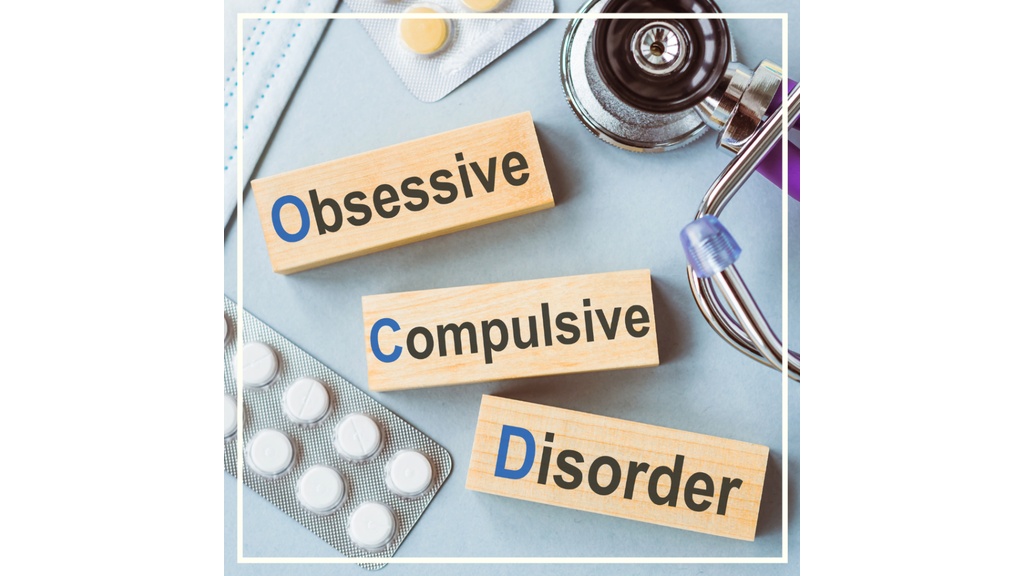Obsessive-Compulsive Disorder (OCD) is a complex mental health condition that affects millions of people worldwide. Despite being widely recognized, there are still misconceptions surrounding OCD, leading to stigmatization and a lack of understanding. In this comprehensive blog, we will delve deep into the world of OCD, shedding light on its intricacies, symptoms, causes, and evidence-based treatment options. By gaining a better understanding of OCD, we hope to dispel myths and empower individuals to seek the help they need for a brighter future.
I. What is OCD?
At its core, OCD is a mental health disorder characterized by recurrent, distressing thoughts (obsessions) and repetitive behaviors or mental acts (compulsions) that aim to neutralize or alleviate the distress caused by the obsessions. The compulsions are temporary relief, but the cycle perpetuates, leading to a profound impact on daily functioning and well-being.
A. The Dual Nature of OCD:
OCD presents a dual nature, involving intrusive thoughts and compulsive behaviors. Intrusive thoughts can range from fears of contamination, harm to oneself or others, to fears of making mistakes or offending religious beliefs. These thoughts create intense anxiety or discomfort, prompting individuals to engage in rituals or compulsions to reduce the anxiety.
B. Common Obsessions and Compulsions:
Contamination Obsessions: Fear of germs or contamination, leading to excessive handwashing and cleaning rituals.
Checking Obsessions: Fear of harming oneself or others, leading to repetitive checking behaviors.
Symmetry and Order Obsessions: A strong need for symmetry and exactness, leading to repetitive arranging and ordering.
Intrusive Thoughts: Disturbing and unwanted thoughts that trigger distress, leading to mental rituals to neutralize them.
II. Causes of OCD:
The exact cause of OCD remains unknown, but a combination of genetic, neurobiological, and environmental factors contributes to its development. Research suggests that imbalances in brain chemicals, particularly serotonin, play a crucial role in OCD. Additionally, a family history of OCD or other mental health disorders may increase the likelihood of developing the condition.
III. Impact on Daily Life:
OCD can significantly impact an individual’s daily life, affecting personal relationships, work, and overall well-being. The constant battle with intrusive thoughts and compulsive rituals can lead to social isolation, difficulty concentrating, and reduced productivity. As OCD progresses, individuals may struggle with completing everyday tasks, leading to a decline in their quality of life.
IV. Seeking Professional Help:
Recognizing the signs of OCD and seeking professional help is essential for effective management. A qualified mental health professional, such as a psychologist or psychiatrist, can conduct a thorough evaluation and provide a personalized treatment plan.
A. Evidence-Based Treatments:
Cognitive Behavioral Therapy (CBT): CBT is the gold standard for treating OCD. It involves exposing individuals to their fears (exposure) and preventing the associated compulsion (response prevention). Over time, this helps reduce the anxiety associated with the obsessions.
Medication: Selective serotonin reuptake inhibitors (SSRIs) are commonly prescribed medications for OCD. They help restore the balance of serotonin in the brain, reducing the intensity of obsessions and compulsions.
V. The Importance of Compassion and Support:
It is crucial to approach individuals with OCD with compassion and understanding. The stigma surrounding mental health conditions can be a barrier to seeking help. By fostering a supportive and empathetic environment, we can encourage those struggling with OCD to reach out for assistance without fear of judgment.
VI. Coping Strategies for Daily Life:
Living with OCD can be challenging, but there are coping strategies that can help individuals manage their symptoms and improve their quality of life.
A. Mindfulness and Meditation: Practicing mindfulness can help individuals stay grounded and present, reducing anxiety and promoting self-awareness.
B. Support Groups: Joining support groups can provide a sense of community and validation, as individuals can share experiences and learn from others’ coping strategies.
C. Healthy Lifestyle: Maintaining a balanced diet, engaging in regular exercise, and getting enough sleep are essential for overall well-being and can positively impact OCD symptoms.
Conclusion:
Obsessive-Compulsive Disorder is a complex mental health condition that affects millions of lives worldwide. By understanding the intricate patterns of OCD and promoting awareness, we can break down stigmas and barriers to seeking help. Compassionate treatment approaches, evidence-based therapies, and coping strategies empower individuals with OCD to lead fulfilling lives and embrace hope for the future. Let us join hands in advocating for mental health support, acceptance, and understanding for those impacted by OCD. Together, we can make a difference and create a world where mental health is prioritized and celebrated.

